Headaches are a common and often debilitating health issue that can significantly impact daily life and well-being. Understanding the causes, types, and effective management of headaches is essential for individuals seeking relief and improved quality of life.
Causes of Headaches:
Headaches can stem from various factors, including stress, muscle tension, eye strain, dehydration, hormonal fluctuations, dietary triggers, environmental stimuli, and underlying medical conditions. Tension headaches, the most prevalent type, often result from muscle contractions in the head and neck regions due to stress, anxiety, or poor posture. Migraine headaches, characterized by intense throbbing or pulsating pain, are influenced by genetic, environmental, and neurovascular factors. Other causes of headaches may include sinus congestion, caffeine withdrawal, alcohol consumption, and certain foods or food additives.
Types of Headaches:
Headaches are classified into primary and secondary types based on their underlying causes. Primary headaches, such as tension-type headaches and migraines, are standalone conditions not related to underlying medical problems. Secondary headaches, on the other hand, result from underlying health issues, including sinus infections, head injuries, concussion, medication overuse, or high blood pressure. Understanding the type of headache is crucial for accurate diagnosis and appropriate treatment selection.
Management of Headaches:
Effective management of headaches involves a multimodal approach that addresses the underlying triggers and provides relief from symptoms. Lifestyle modifications, stress management techniques, and targeted therapies play a pivotal role in headache management. Individuals experiencing tension headaches may benefit from stress reduction strategies, relaxation techniques, physical therapy, and ergonomic adjustments to alleviate muscle tension and prevent recurrent episodes. Migraine management often involves identifying and avoiding triggers, maintaining regular sleep patterns, staying hydrated, and adopting dietary modifications such as eliminating potential triggers like caffeine, alcohol, and certain food additives. Over-the-counter pain relievers, prescription medications, and preventive treatments prescribed by healthcare providers can also help manage headache symptoms and reduce their frequency and severity.
Natural Remedies for Headaches:
Complementary and alternative therapies, including aromatherapy, acupuncture, biofeedback, and herbal supplements, offer additional options for individuals seeking natural approaches to headache management. Aromatherapy, utilizing essential oils such as lavender, peppermint, or eucalyptus, may provide relaxation and relief from headache symptoms. Acupuncture, a traditional Chinese medicine practice involving the insertion of thin needles into specific points on the body, has been associated with pain relief and improved well-being in individuals with migraines. Biofeedback, a mind-body technique that helps individuals gain control over physiological responses, can assist in managing stress-induced headaches. Certain herbal supplements or botanical remedies, such as feverfew or butterbur, have shown promise in reducing the frequency and severity of migraines in some individuals, although consultation with a healthcare provider is essential before starting any herbal treatments.
Seeking Medical Advice:
While many headaches can be managed with self-care and lifestyle adjustments, it is crucial to seek medical advice if headaches are severe, persistent, or associated with concerning symptoms. Healthcare providers can conduct thorough evaluations, including medical history and physical examinations, to determine the underlying cause of headaches and recommend tailored treatment plans. Imaging studies, such as MRI or CT scans, may be ordered if secondary headaches are suspected. Timely medical intervention is vital for accurate diagnosis and the formulation of an effective treatment approach.
In conclusion, headaches are a prevalent health concern with various causes, types, and management strategies. By understanding the underlying triggers, types of headaches, effective management approaches, natural remedies, and the importance of seeking medical advice for severe or persistent symptoms, individuals can proactively address their headache concerns and seek relief. Adopting lifestyle modifications, stress-reduction techniques, and exploring natural and conventional treatment options contribute to a comprehensive and holistic approach to managing headaches effectively and improving overall well-being.
It is important to note that the NOMOSIK therapy has not been evaluated by the FDA and is not intended to diagnose, treat, prevent or cure any disease. It specifically tests and treats for neuro-physiological imbalances in the body. Please see reviews of the amazing recoveries patients have noted with their illness and allergies following treatment of these imbalances. These treatments do not constitute the practice of medicine and are intended solely for the purpose of addressing muskulo-skelital conditions through alternative therapeutic means.

